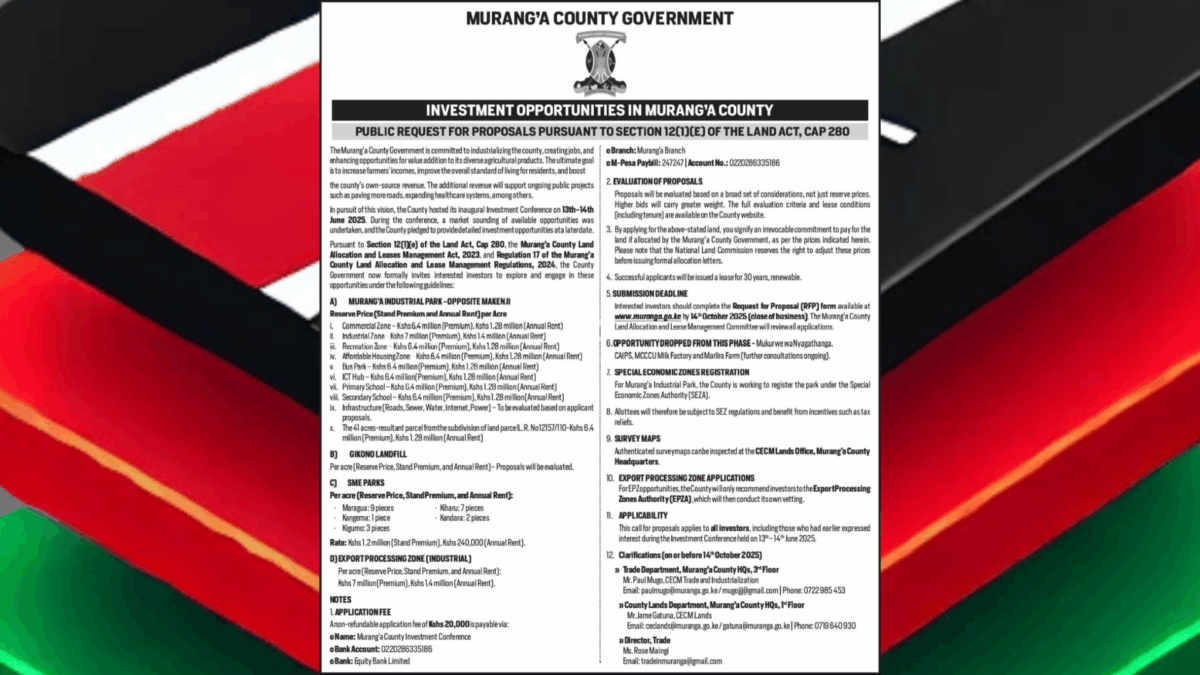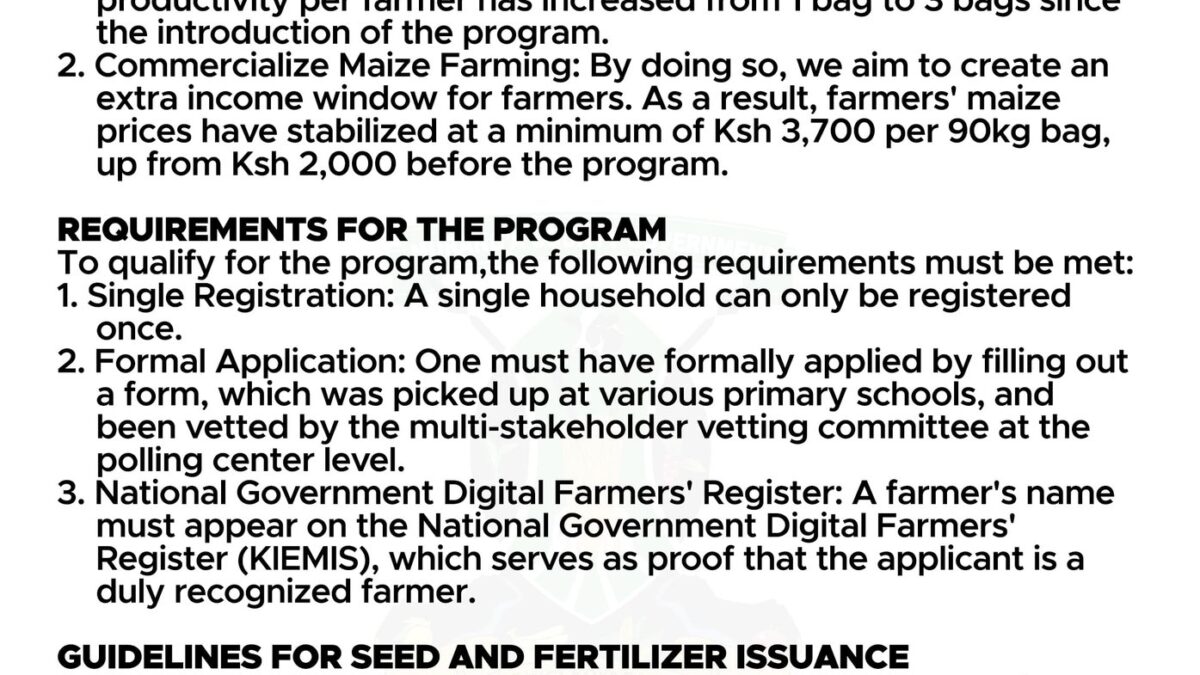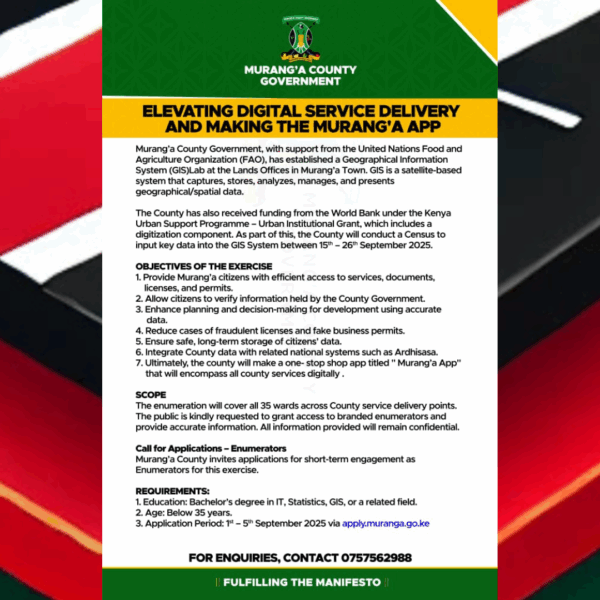Climate change is a growing threat to the environment and livelihoods worldwide. In Kenya, regions like Gatanga are experiencing unpredictable weather patterns, deforestation, and soil erosion. One of the most effective ways to combat climate change is through tree farming. By planting and maintaining trees, communities can restore ecosystems, improve air quality, and create sustainable economic opportunities.
Subscribe to our YouTube Channel for a Chance to Win amazing Giveaways
This article explores how tree farming in Gatanga is helping to fight climate change and the benefits it brings to local communities.
The Importance of Tree Farming
Tree farming plays a crucial role in environmental conservation and economic sustainability. It helps in:
- Carbon Sequestration: Trees absorb carbon dioxide from the air, reducing greenhouse gases.
- Preventing Soil Erosion: Tree roots bind soil together, reducing erosion and improving soil fertility.
- Water Conservation: Trees help retain water in the soil and regulate local rainfall patterns.
- Providing Habitat for Wildlife: Forested areas support biodiversity and protect wildlife.
- Creating Economic Opportunities: Timber, fruits, and medicinal plants from tree farms generate income for farmers.
Tree Species Suitable for Gatanga
For successful tree farming in Gatanga, farmers need to plant tree species that thrive in the region’s climate. Some of the most suitable species include:
- Grevillea Robusta: Grows fast and is excellent for agroforestry.
- Eucalyptus: Provides timber and fuelwood but requires proper water management.
- Indigenous Trees (e.g., Mukinduri, Moringa, and Meru Oak): Promote biodiversity and ecosystem restoration.
- Fruit Trees (e.g., Avocado, Mango, and Macadamia): Provide both environmental benefits and economic returns.
Challenges Facing Tree Farming in Gatanga
Despite its benefits, tree farming in Gatanga faces several challenges:
- Deforestation Pressure: Unsustainable logging threatens forest cover.
- Land Competition: Farmers prioritize food crops over trees due to immediate food needs.
- Climate Variability: Unpredictable rainfall patterns affect tree growth.
- Lack of Awareness: Some farmers lack knowledge of sustainable tree farming practices.
- Pest and Disease Attacks: Trees are susceptible to pests that can reduce yield and quality.
Solutions and Best Practices
To overcome these challenges, farmers and stakeholders must adopt sustainable practices such as:
- Agroforestry: Integrating trees with crops and livestock to maximize land use.
- Community Sensitization: Educating farmers on the benefits of tree farming and conservation.
- Government and NGO Support: Providing seedlings, training, and incentives to encourage tree planting.
- Water Harvesting Techniques: Using rainwater harvesting systems to support tree growth during dry seasons.
- Sustainable Harvesting: Practicing selective logging to allow forests to regenerate.
Success Stories from Gatanga
Many farmers in Gatanga have embraced tree farming and are witnessing positive impacts. Some success stories include:
- Increased Income: Farmers growing fruit trees have boosted their earnings through exports and local sales.
- Restored Ecosystems: Previously degraded lands have been rehabilitated, improving soil and water retention.
- Community-Led Initiatives: Local groups have organized tree-planting drives, enhancing environmental awareness and action.
Conclusion
Tree farming in Gatanga is a powerful tool in combating climate change. It improves the environment, enhances biodiversity, and provides economic benefits to local communities. By supporting tree farming initiatives, individuals, organizations, and the government can contribute to a greener and more sustainable future for Gatanga and beyond. Now is the time to plant trees and protect our planet for future generations.
















